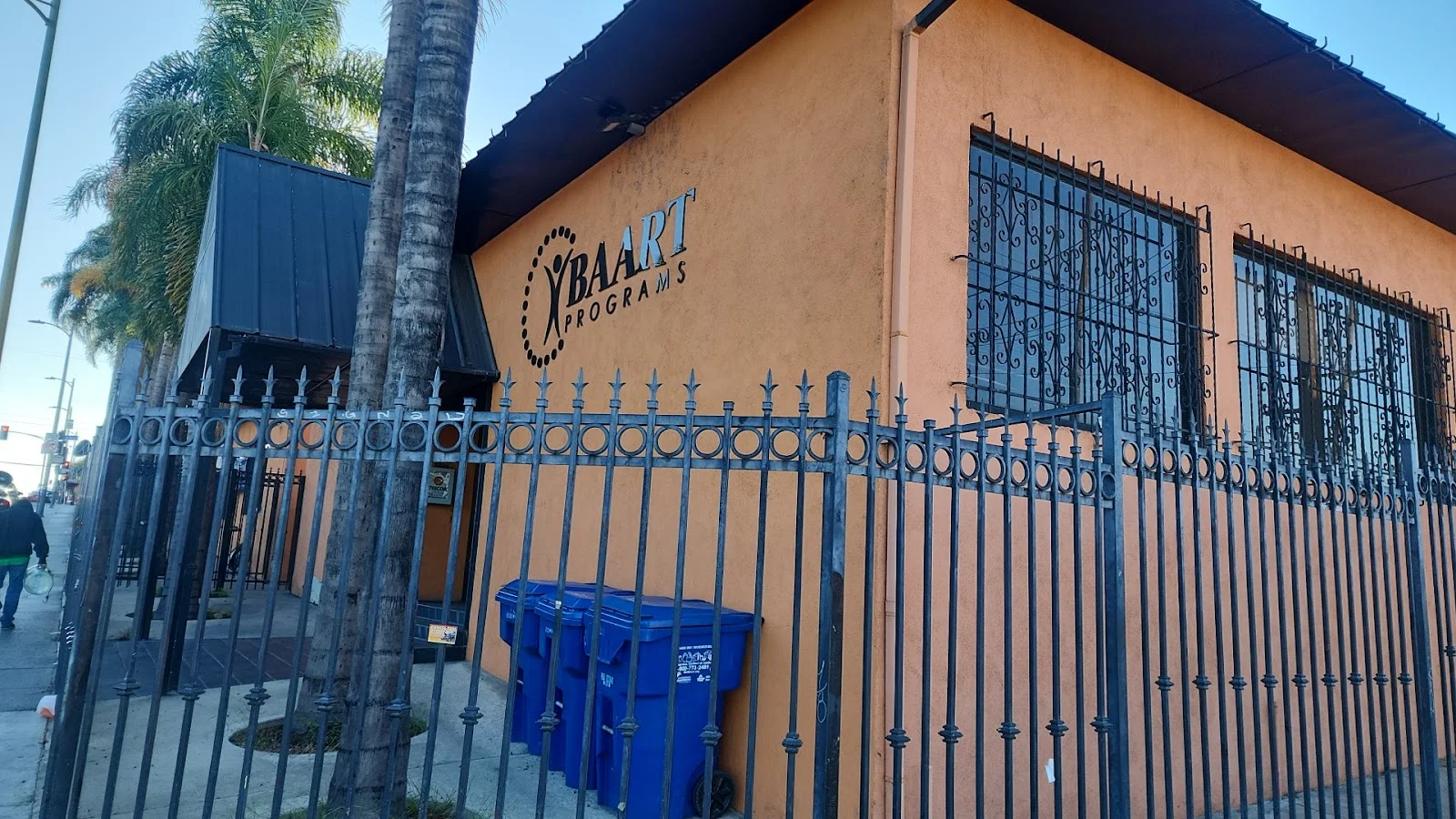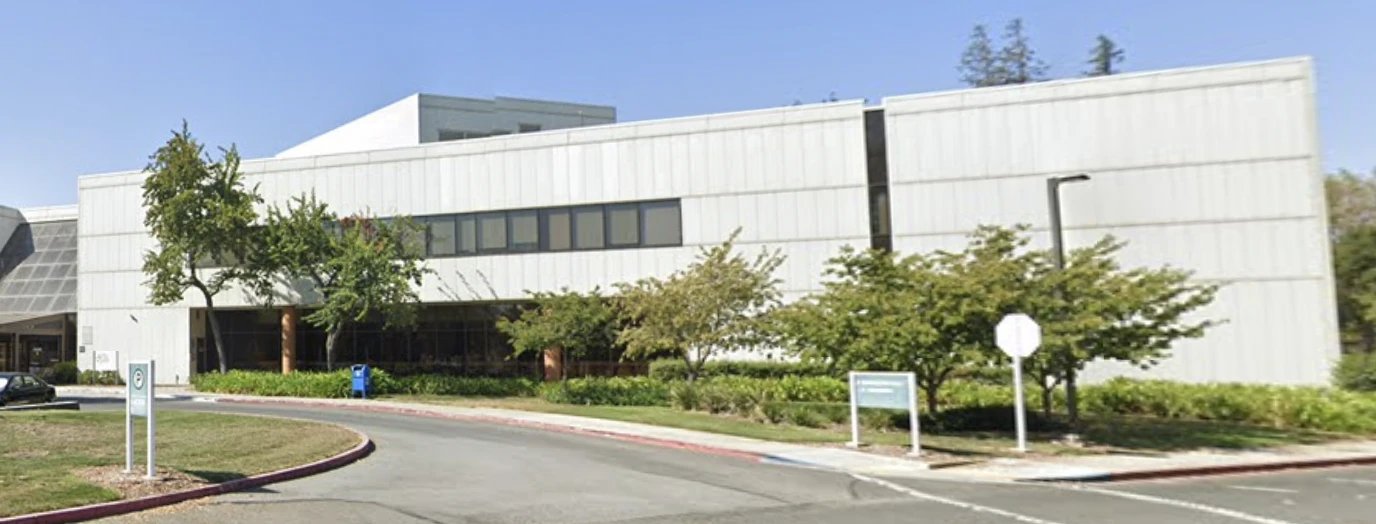Thorek Memorial Hospital, located in Chicago, Illinois, offers comprehensive mental health services for adults aged 18 and older. Specializing in the treatment of psychological disorders such as schizophrenia, bipolar disorder, major depression, and acute psychosis, the facility provides a safe and structured environment for individuals experiencing mental health challenges. Programs are designed to support a diverse population, with no specific focus on gender or faith-based treatment.
The hospital offers a variety of programs, including inpatient mental health care, detoxification services for substance withdrawal, individual and group therapy, family therapy, and expressive therapy. Treatment modalities such as Cognitive Behavioral Therapy (CBT), activity therapy, anger management, and assertive community treatment are employed to address the unique needs of each patient. Thorek Memorial Hospital features a 39-bed inpatient unit, offering semi-private rooms and specialized areas for therapy and recreation. The interdisciplinary team includes board-certified psychiatrists, registered nurses, and licensed clinical social workers. Accredited by The Joint Commission, the hospital ensures high standards of patient care and safety.
New Vision - Thorek Memorial Hospital Information
Treatment
Who We Treat
- Young Adults (18–25)
- Adults
- Seniors/Older Adults
- Older Adults
- Male and Female
Approaches
- Group Therapy
- Cognitive Behavioral Therapy (CBT)
- Medication-Assisted Treatment (MAT)
- Nutrition Counseling
- Online Therapy
Conditions We Treat
- Chronic Pain Management
- Co-Occurring Disorders
Languages
- Polish
- English
- Russian
- Spanish
Experience
Smoking and Vaping Policy
- Smoking Not Allowed
- Vaping Not Allowed
Accreditations
-
The Joint Commission
The Joint Commission accreditation for addiction and behavioral health is a prestigious recognition signifying a facility's commitment to delivering high-quality care and safety for individuals dealing with substance abuse and mental health issues. It involves rigorous evaluations and assessments, ensuring patients receive evidence-based treatment and exceptional care. This accreditation demonstrates a facility's dedication to continuous improvement and ethical practices, building trust among patients and healthcare professionals seeking top-tier addiction and behavioral health services.

-
State mental health department
State mental health department accreditation refers to the process of evaluating and certifying the quality and standards of a state's mental health department, ensuring that it provides high-quality services and meets specific criteria for mental health care. The accreditation process is performed by a third-party organization and helps to improve the overall care and treatment of individuals with mental health conditions.
Additional Locations
New Vision - Thorek Memorial Hospital Accepts The Following Insurance Plans
Find the best treatment options. Call our free and confidential helpline today!





